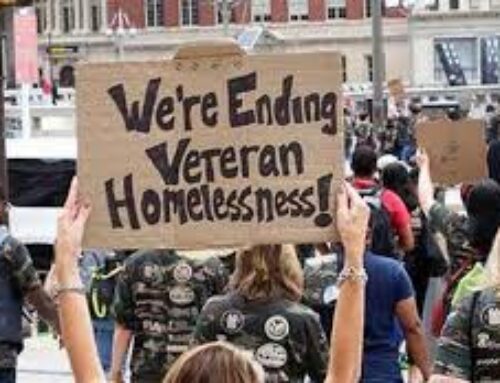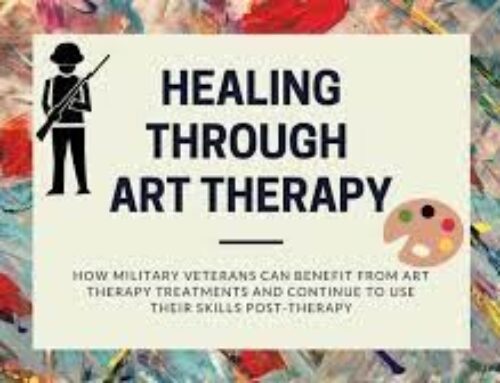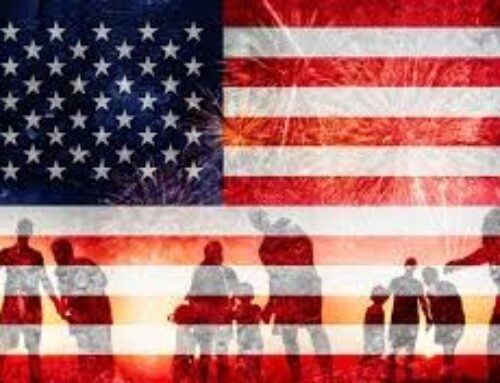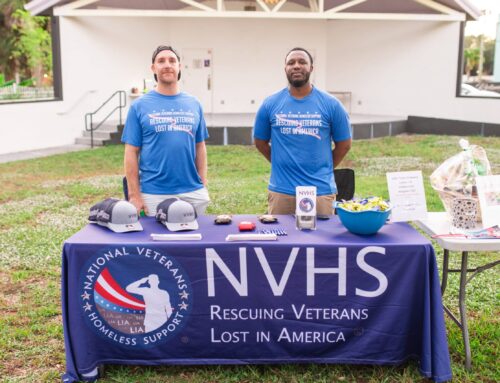Veterans and the Economy
Between the economic slump caused by the COVID-19 pandemic, the ever-increasing cost of living in the United States, and the looming threat of inflation, you’d be hard pressed to find someone who hasn’t been adversely affected by the economic goings-on of the past few years, or who hasn’t reviewed their finances with some degree of worry.
And although nearly everyone is feeling the pressure, some people are feeling it more than others. One of the groups that has been particularly hard-hit are veterans, many of whom may have already been struggling to make ends meet, and who tend to be at higher risk of homelessness as a group.
Factors Affecting Veteran Homelessness
Housing insecurity has been connected to a variety of factors, many of which tend to be more pronounced or prevalent among veteran populations. For example, veterans may be more likely to have a disability that prevents them from working than their civilian counterparts. One survey revealed that around 41% of post-9/11 veterans have a disability, compared to the 26% of the general population. And even veterans who don’t live with a disability that prevents them from working may struggle to find stable, high-paying jobs after leaving the military.
Seen against the backdrop of astronomical home prices and rising rents, these factors and others form a potentially disastrous combination for veteran homelessness. In Florida, which is the 12th most expensive state in the nation, the average worker needs to earn at least $24.82 per hour to afford a modest 2-bedroom apartment. In California (the most expensive state, and also the state with the highest homeless population) that number jumps to $39.03 per hour.
Existing Help Isn’t Sufficient
It’s true that many veterans have access to financial aid or veteran housing assistance programs designed to help improve their circumstances—but in some cases, that aid still isn’t enough to completely address the impact of the US economy on veterans.
An illustration of this is the HUD-Veterans Affairs Supporting Housing (HUD-VASH) program, which offers housing vouchers to low-income veterans who qualify for them. However, in many areas, landlords are allowed to discriminate against renters who use vouchers to pay rent.
And for veterans who find themselves in situations like that, there’s little they can do. In 2016, the Washington Post reported that although about half of the problems that lead to veteran homelessness could be solved with legal assistance, most veterans simply can’t afford legal aid.
Although 2021 saw a broad increase in wages, and fixed incomes such as social security and disability income are (theoretically, at least) adjusted for inflation, many people—including veterans—are still having trouble keeping up with the cost of living.
National Veterans Homeless Support seeks to eliminate homelessness among veterans in Central Florida and nationwide. NVHS takes a proactive, intervention-based approach to homelessness by meeting homeless veterans where they are and helping them from there. Through programs like Search and Rescue Outreach, NVHS helps homeless veterans get the supplies they need to survive, connects them with support and resources, and helps them transition off the streets and into temporary or permanent housing. If you’re able, consider supporting our mission by donating or signing on as a volunteer.





